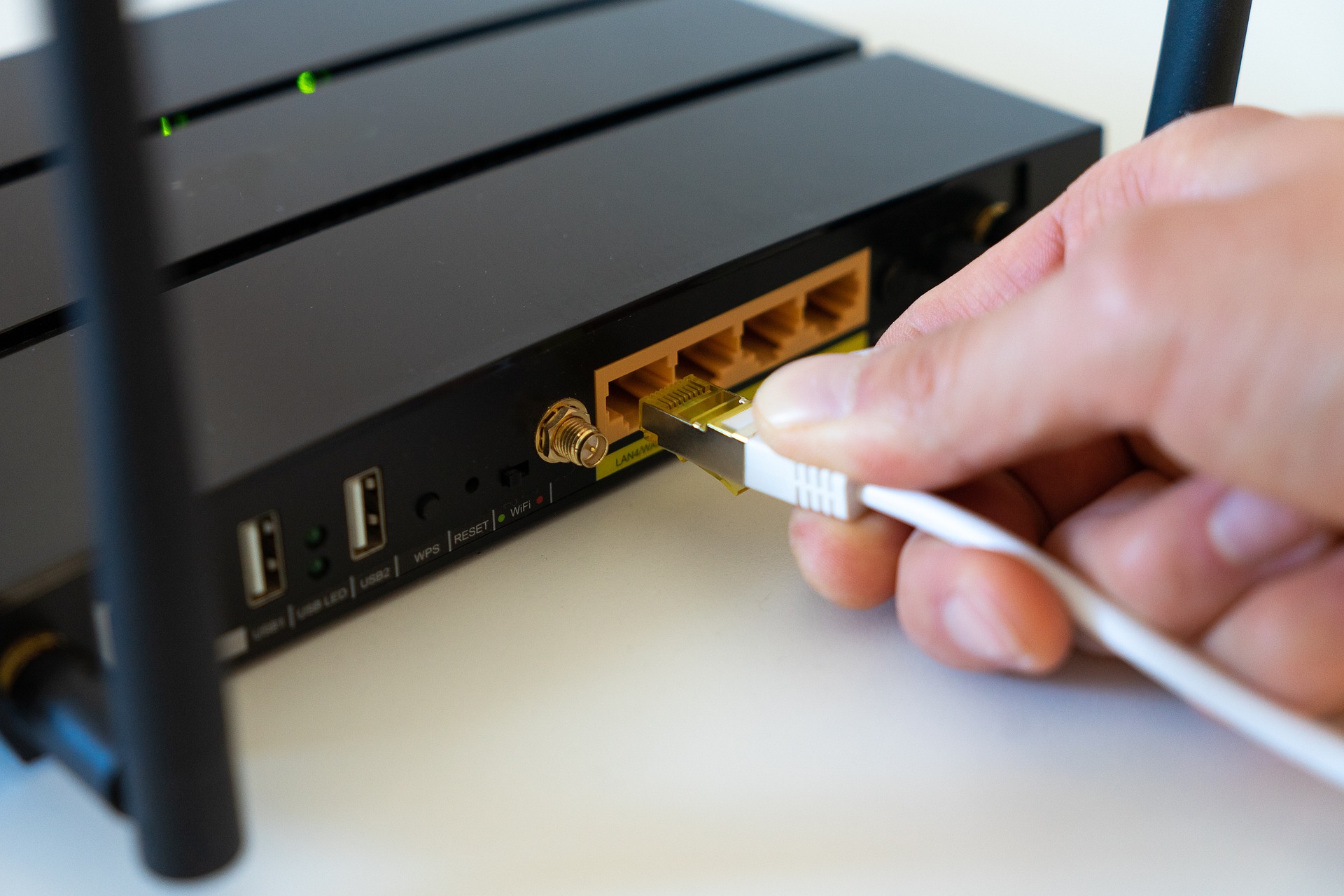Internet Providers: Navigating Options for Seniors and Beyond
As internet connectivity becomes increasingly essential in our daily lives, choosing the right internet service provider (ISP) is crucial. This article will explore various aspects of internet services, with a focus on options tailored for seniors and how to find the best providers in your area.
What is the best internet service for seniors?
When considering internet services for seniors, it’s important to focus on factors such as ease of use, reliability, and customer support. While there isn’t a one-size-fits-all solution, some providers offer plans and features that may be particularly suitable for older adults:
-
Large print bills and user-friendly interfaces
-
24/7 customer support with patience for tech-related questions
-
Minimal service interruptions and consistent speeds
-
Options for bundling with landline phone service
-
Simplified equipment setup and clear instructions
It’s worth noting that the ideal service can vary depending on individual needs, location, and budget. Seniors should consider their internet usage habits, such as video calling with family or streaming entertainment, when selecting a plan.
How can I find internet providers in my zip code?
Locating internet providers available in your area is a straightforward process:
-
Use online tools: Websites like BroadbandNow or the FCC’s broadband map allow you to enter your zip code to see available providers.
-
Check with local utilities: Sometimes, local utility companies offer internet services or can provide information on local providers.
-
Ask neighbors or community members: Word-of-mouth can be a valuable resource for finding reliable local providers.
-
Contact providers directly: Many national internet service providers have coverage maps or zip code lookup tools on their websites.
-
Visit your local library or community center: These locations often have information about local internet options and may even offer free internet access.
Remember that availability can vary even within the same zip code, so it’s best to confirm service at your specific address.
What are the options for unlimited internet for seniors?
Unlimited internet plans can be ideal for seniors who enjoy streaming video content, making video calls, or those who share their home with family members. Here are some options to consider:
-
Cable internet: Often provides high speeds and unlimited data, suitable for households with multiple users.
-
Fiber-optic internet: Offers the fastest speeds and unlimited data, but availability may be limited in some areas.
-
DSL: While generally slower than cable or fiber, many DSL providers offer unlimited data plans.
-
Fixed wireless: In rural areas, some providers offer unlimited data plans through fixed wireless technology.
-
Satellite internet: While traditionally known for data caps, some providers now offer unlimited plans, albeit with potential speed restrictions after a certain usage threshold.
| Provider Type | Typical Speed Range | Unlimited Data Availability | Best For |
|---|---|---|---|
| Cable | 25-1000 Mbps | Common | Urban and suburban areas |
| Fiber | 300-2000 Mbps | Common | High-bandwidth users |
| DSL | 5-100 Mbps | Available | Basic internet needs |
| Fixed Wireless | 25-100 Mbps | Available in some plans | Rural areas |
| Satellite | 12-100 Mbps | Limited availability | Remote locations |
Prices, rates, or cost estimates mentioned in this article are based on the latest available information but may change over time. Independent research is advised before making financial decisions.
How to choose the best internet provider for seniors?
Selecting the right internet provider involves considering several factors:
-
Speed requirements: Assess the typical online activities and number of devices used.
-
Reliability: Look for providers with a strong reputation for consistent service.
-
Customer service: prioritize companies known for patient and helpful support.
-
Contract terms: Some seniors may prefer month-to-month plans over long-term commitments.
-
Equipment and installation: Consider providers that offer professional installation and easy-to-use equipment.
-
Bundled services: If needed, look for providers offering phone or TV bundles.
-
Accessibility features: Check if the provider offers services like large-print bills or specialized customer support for seniors.
Reading customer reviews and asking for recommendations from local senior centers or community groups can provide valuable insights into the quality of service from different providers.
Is there specific AARP internet for seniors?
While AARP doesn’t provide internet service directly, they do partner with various companies to offer discounts and special plans for their members. These partnerships can include:
-
Discounted rates on internet plans from select providers
-
Bundle deals that include internet, phone, and TV services
-
Special promotions or waived fees for AARP members
-
Access to dedicated customer support lines
It’s important to note that these offers may vary by location and provider. AARP members should check the organization’s website or contact AARP directly to learn about current internet-related benefits available in their area.
In conclusion, navigating internet options for seniors involves considering factors such as ease of use, reliability, and specific needs. While there isn’t a universal “best” option, understanding the available choices and considering individual requirements can help seniors find an internet plan that enhances their digital experience and quality of life. Whether it’s staying connected with loved ones, accessing health information, or enjoying entertainment, the right internet service can play a crucial role in supporting an independent and engaged lifestyle for older adults.





